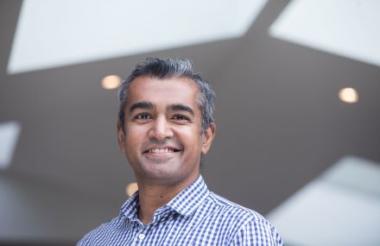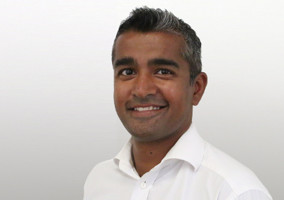The innovation funder Nesta will focus on childhood inequality, public health and a sustainable economy, under a ten-year strategy unveiled this week.
Nesta said it aimed to “change the lives of millions of people” through its work over the next decade.
The strategy paper, Nesta’s Strategy to 2030, said that its success depended on developing “strong working relationships with families, frontline workers, service delivery organisations, policymakers and academics”.
Three focus areas
Nesta spent just over £27m through its charitable programmes last year, according to the latest filings with the Charity Commission.
Under the new strategy, Nesta plans to establish programmes for each of the three areas of focus.
To help give children a fairer start in life, the charity will focus on inequalities in early childhood and secondary education.
On public health, it said would aim to “shift market dynamics” on the sale and consumption of unhealthy food, as well as working to address loneliness
The strategy report said that loneliness “is understood to be as harmful as smoking 15 cigarettes a day”.
For work “to create a sustainable future where the economy works better for both people and the planet”, Nesta will run programmes focused on reducing household carbon emissions and improving economic productivity.
Failing and learning
The report said: “The test of our success as an organisation will be whether we make a difference to measurable outcomes.”
Nesta will work in three roles: in partnership with frontline organisations to design and test new solutions; as an investor in new and early-stage businesses; and helping create the conditions for innovation.
The report said: “Our missions are ambitious and we must be prepared to fail and learn rapidly along the way. Nonetheless, we believe that a fairer, healthier, more sustainable future is within reach, and that innovation can help us to achieve it.”
The 'next chapter'
Ravi Gurumurthy, the chief executive of Nesta, said: “Over the past decade, Nesta has developed methods and capabilities that can drive innovation for social good.
“Today, we know far more about how to mobilise and influence citizens, harness data, and use private and public capital more creatively.
“In our next chapter, we will be focused on applying those capabilities to three defining questions facing the UK: how we build a sustainable economy, how we give every child a fair start, and how we help people live healthy lives.
“Each requires new ways of working, new products and services, new business models, and new ways of engaging citizens.
“By working with a diverse network of partners in the public, private and voluntary sectors, we will generate ideas, test them rigorously, and help them grow to scale.
“We hope our work can directly lead to solutions that change the lives of millions of people, as well as shaping the policies, institutions and thinking that guide innovation. We look forward to sharing our successes and failures, and learning together.”
Related articles











